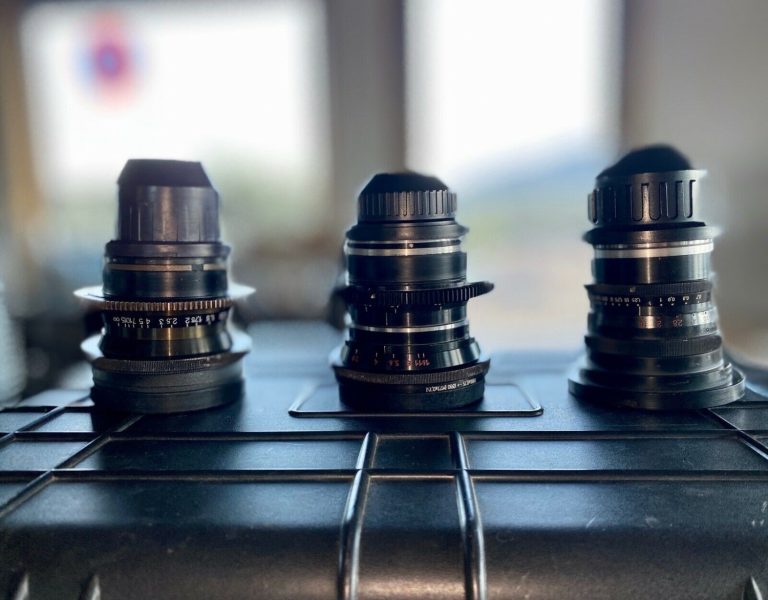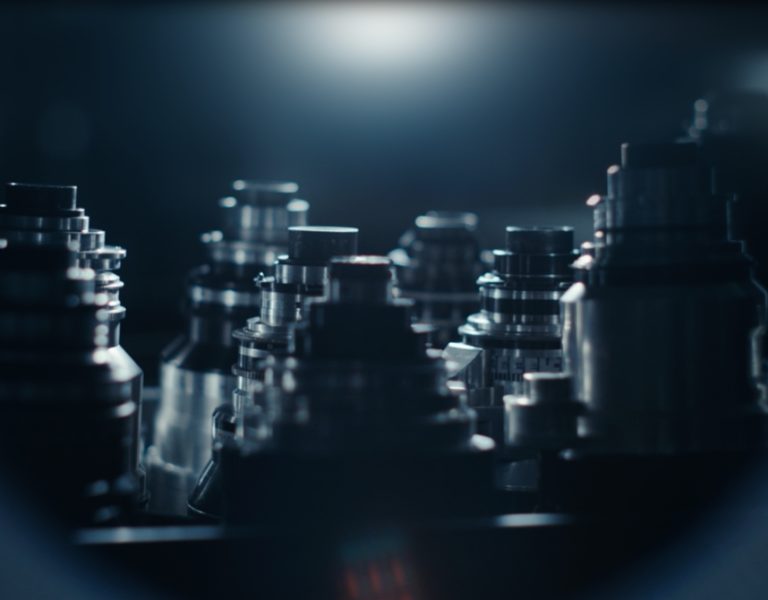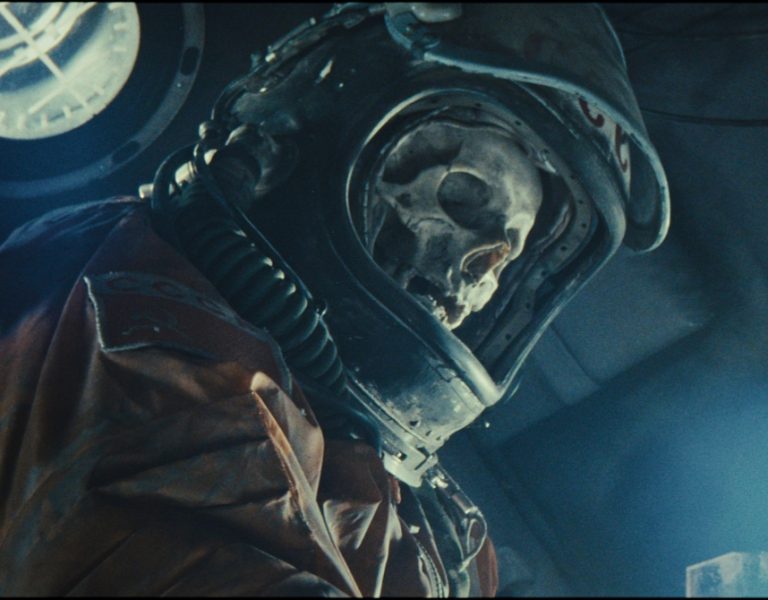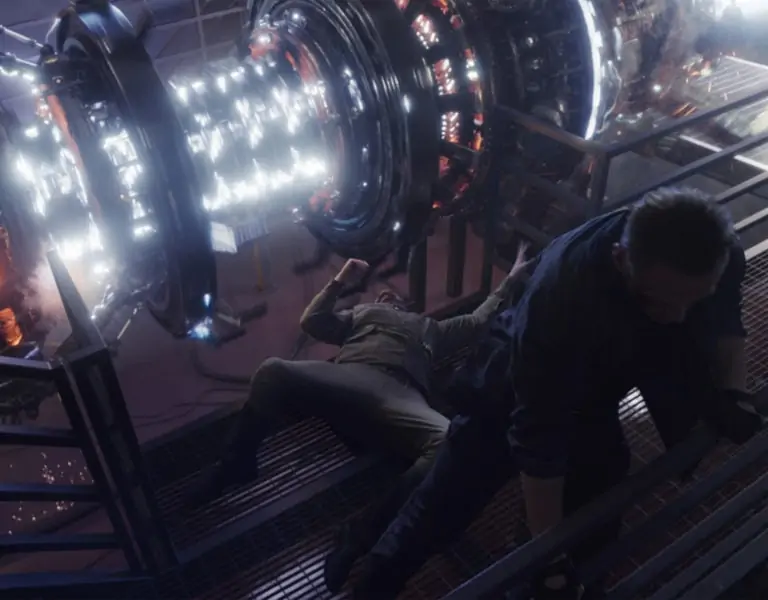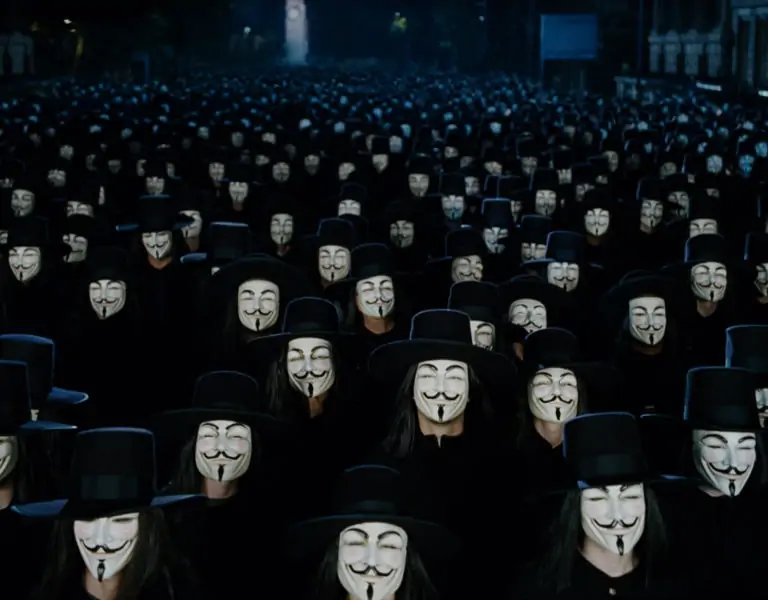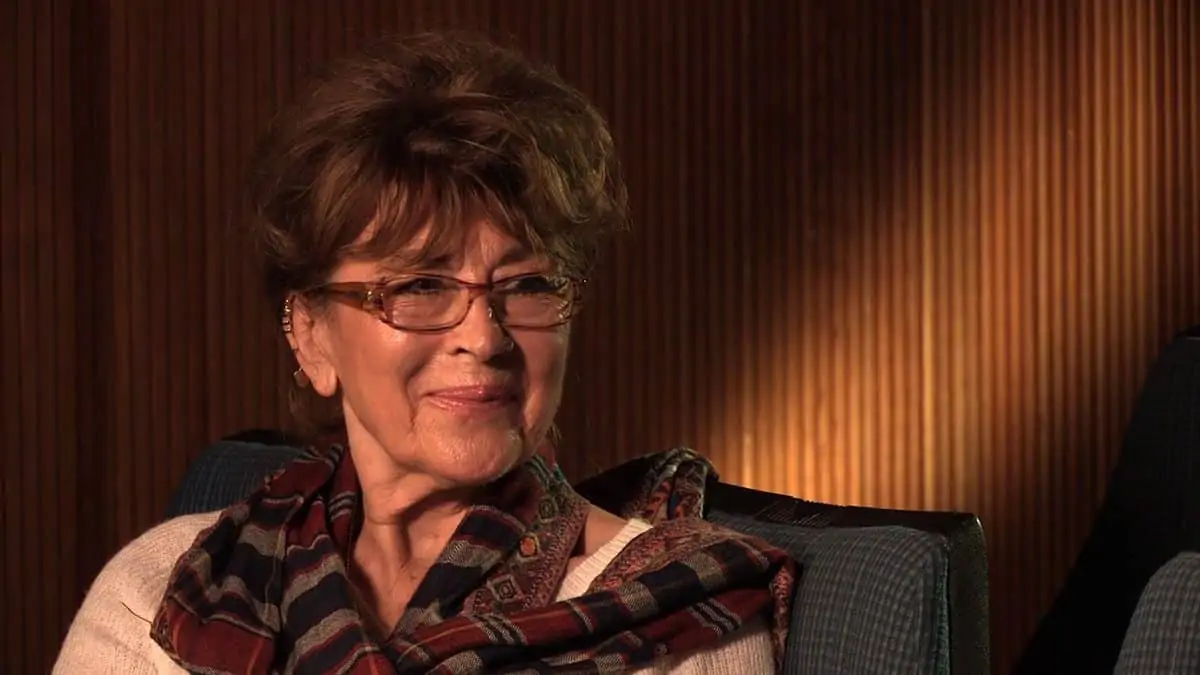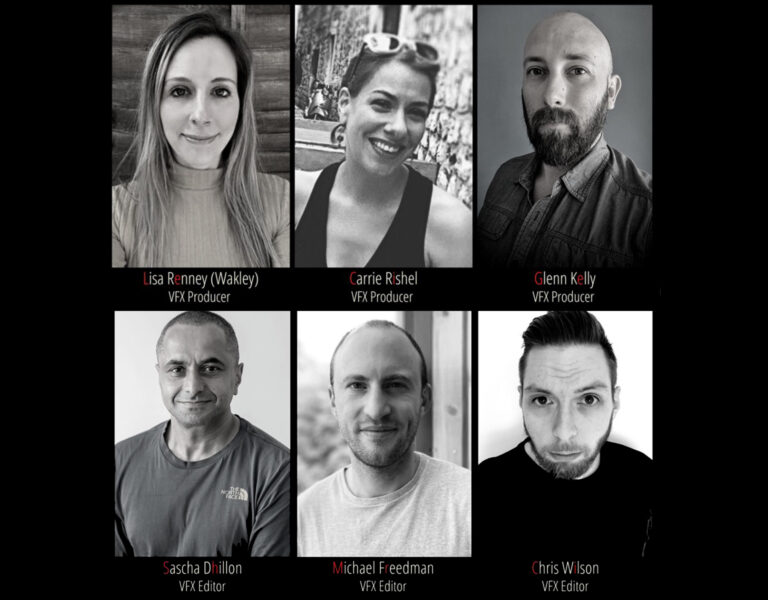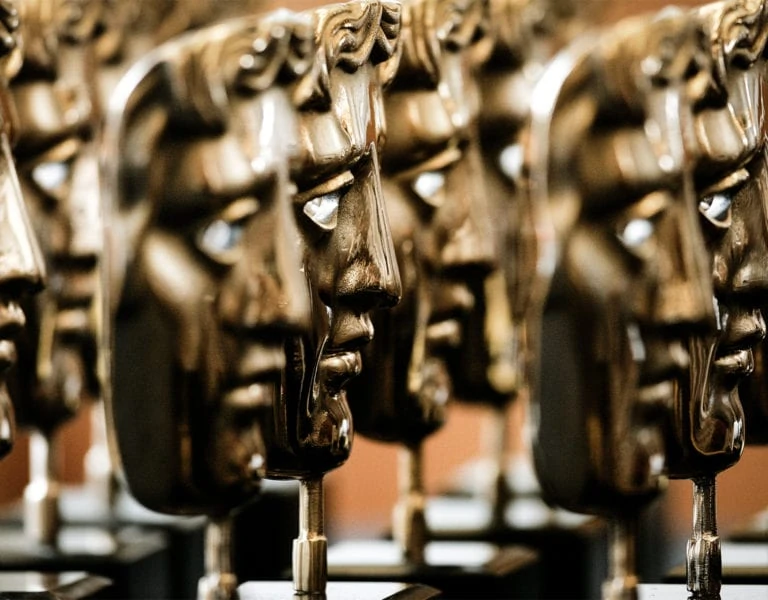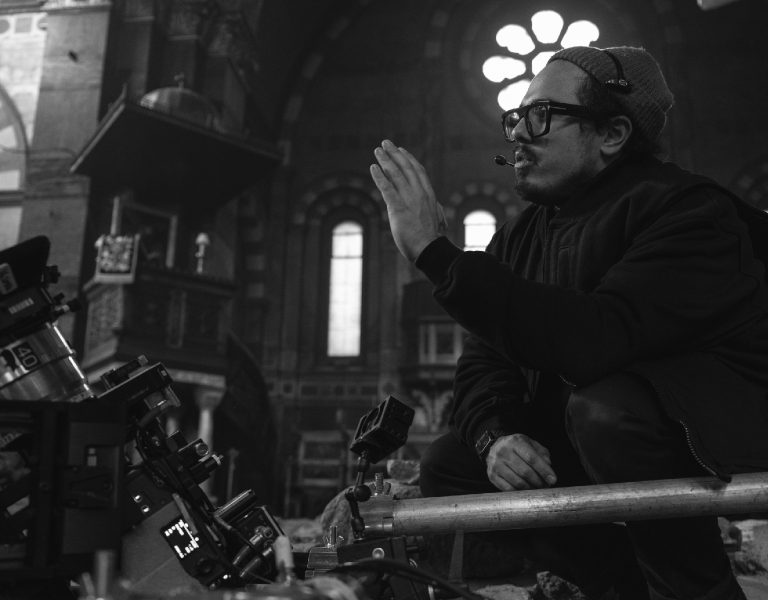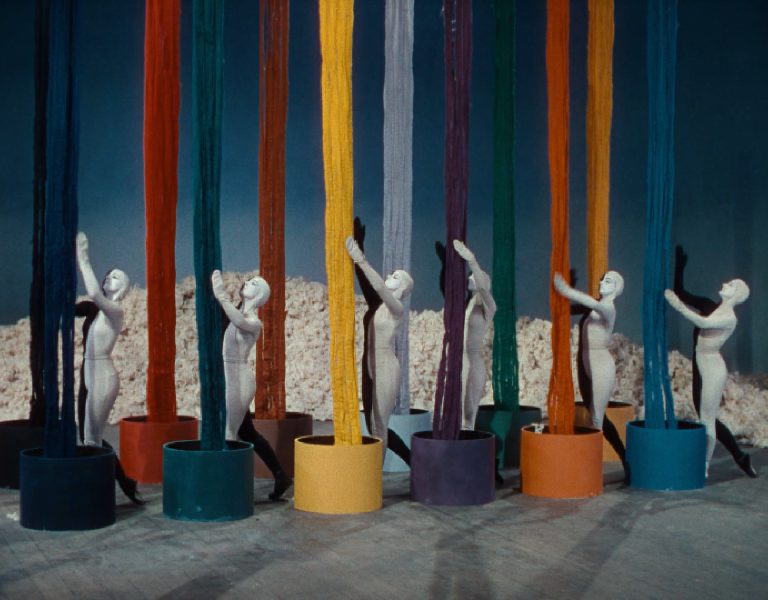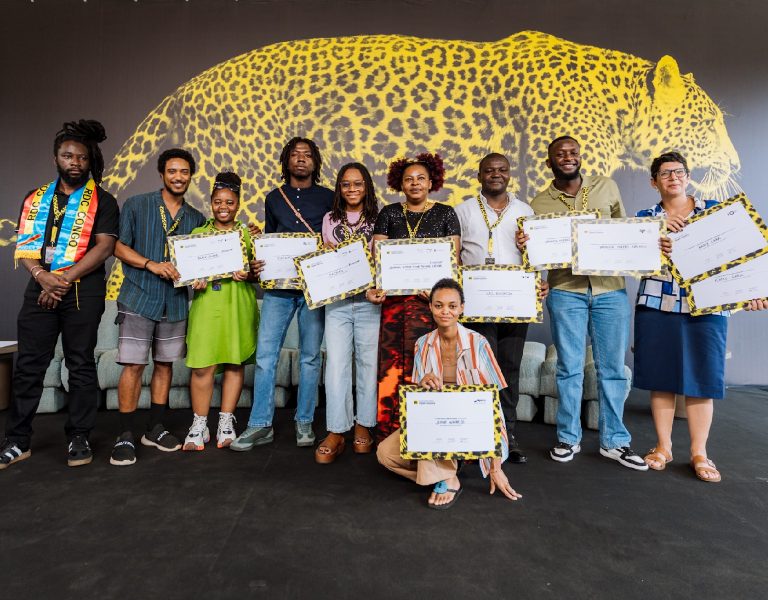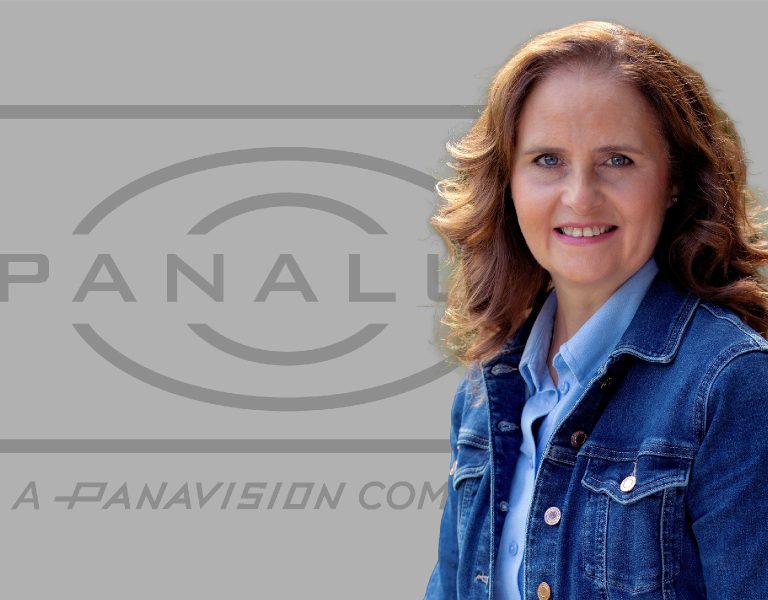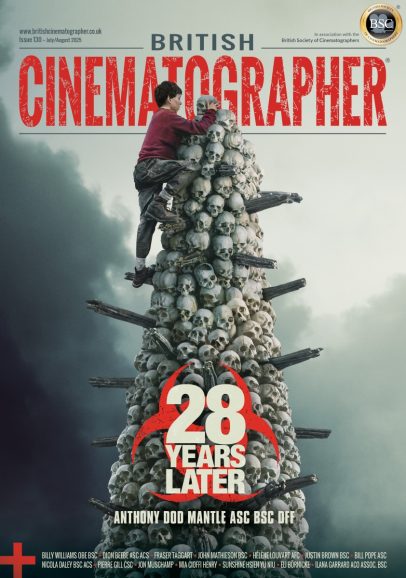Mo-Sys’ NearTime delivers VFX solution for Dr Who 60th Anniversary Special
Dec 12, 2023
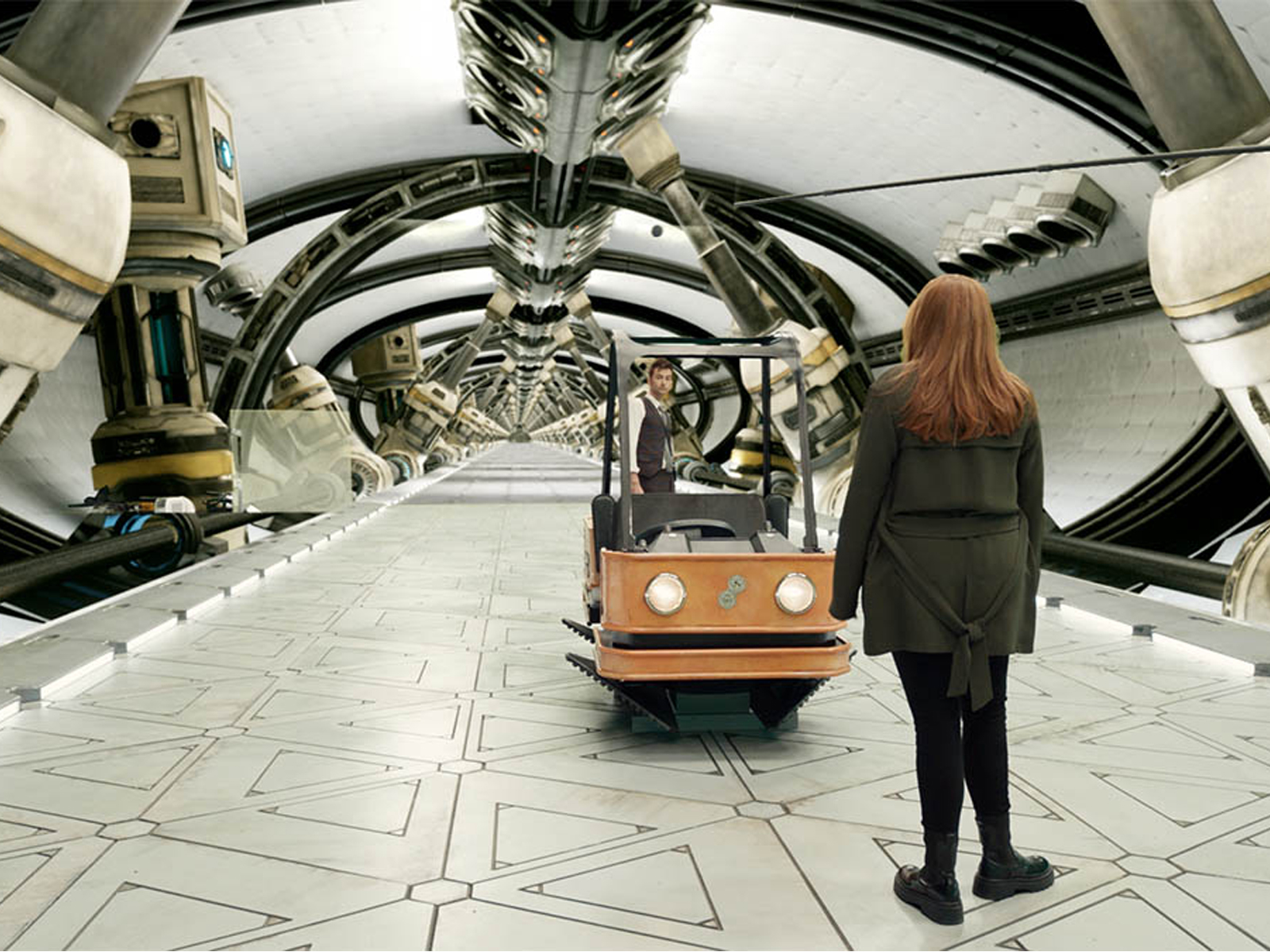
Mo-Sys Engineering announced that NearTime, its automated re-rendering service for on-set Virtual Production has been utilised to deliver stunning VFX scenes for the Dr Who 60th Anniversary Special at a fraction of the cost.
Painting Practice are an award winning boutique studio known for giving filmmakers the freedom to develop their ideas and extend creative possibilities, together with leading CGI, animation and VFX specialists RealTime approached Mo-Sys in 2022 to together form a new cost-efficient workflow for a particularly VFX-heavy special episode of Dr Who.
James Uren, Mo-Sys Technical Director said: “This ambitious diamond anniversary Dr Who special was set to have more than 250 VFX shots, meaning traditional VFX approaches would be cost-prohibitive. So, we had to think differently.”
Painting Practice use Unreal Engine to create animated pre-visualisations of complex VFX sequences. Could this be extended to whole scenes or a whole episode? Could we take those pre-visualisations and bring them onto set with the real camera? Could we use Unreal Engine right up to the ‘Final Pixel’, automatically re-rendering what had been filmed on set?
RealTime and Mo-Sys had recently collaborated on Netflix production Dance Monsters, where 6 cameras and 8 monster characters were combined in real-time – also using the Unreal Engine and Mo-Sys VP Pro, to film it as a live light-entertainment show. As part of this Mo-Sys and RealTime developed a pipeline for transferring the precision camera and lens tracking data from Mo-Sys StarTracker through to post-production, to help automate and dramatically speed up the VFX workload.
In parallel and in partnership with AWS, Mo-Sys had built and patented its NearTime solution. NearTime offers a dual workflow which enables automated Unreal re-rendering in the cloud. Tracking data is re-rendered with background plates and delivered back with increased quality and/or resolution in the same VFX delivery window, while making on set renders available for real-time feedback.
Putting pre-vizualisation, on-set camera tracking, real-time pre-viz, NearTime rendering and automated VFX pipelines together meant this VFX-heavy special could be completed with stunning visuals throughout at a fraction of the cost of traditional VFX.

